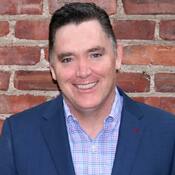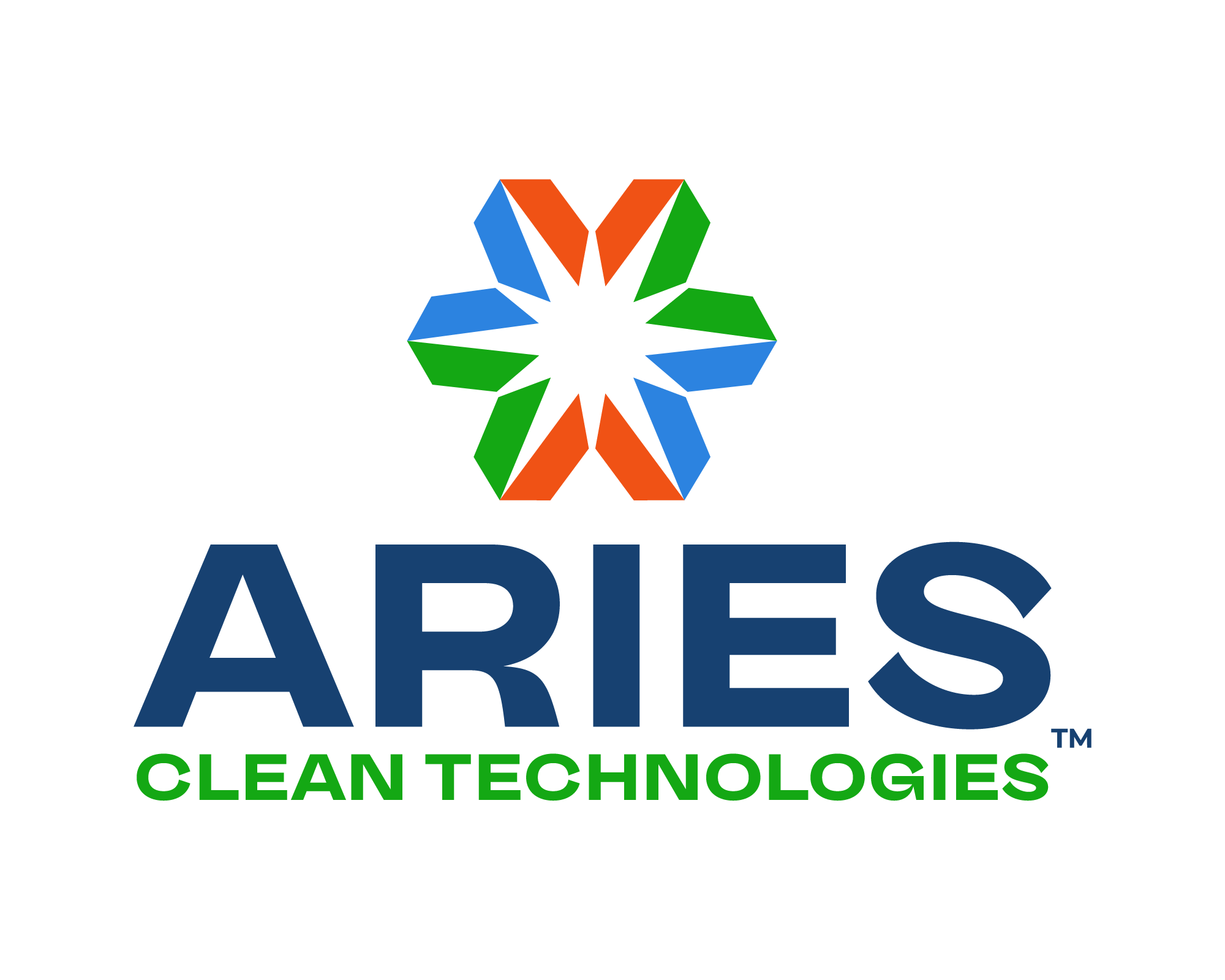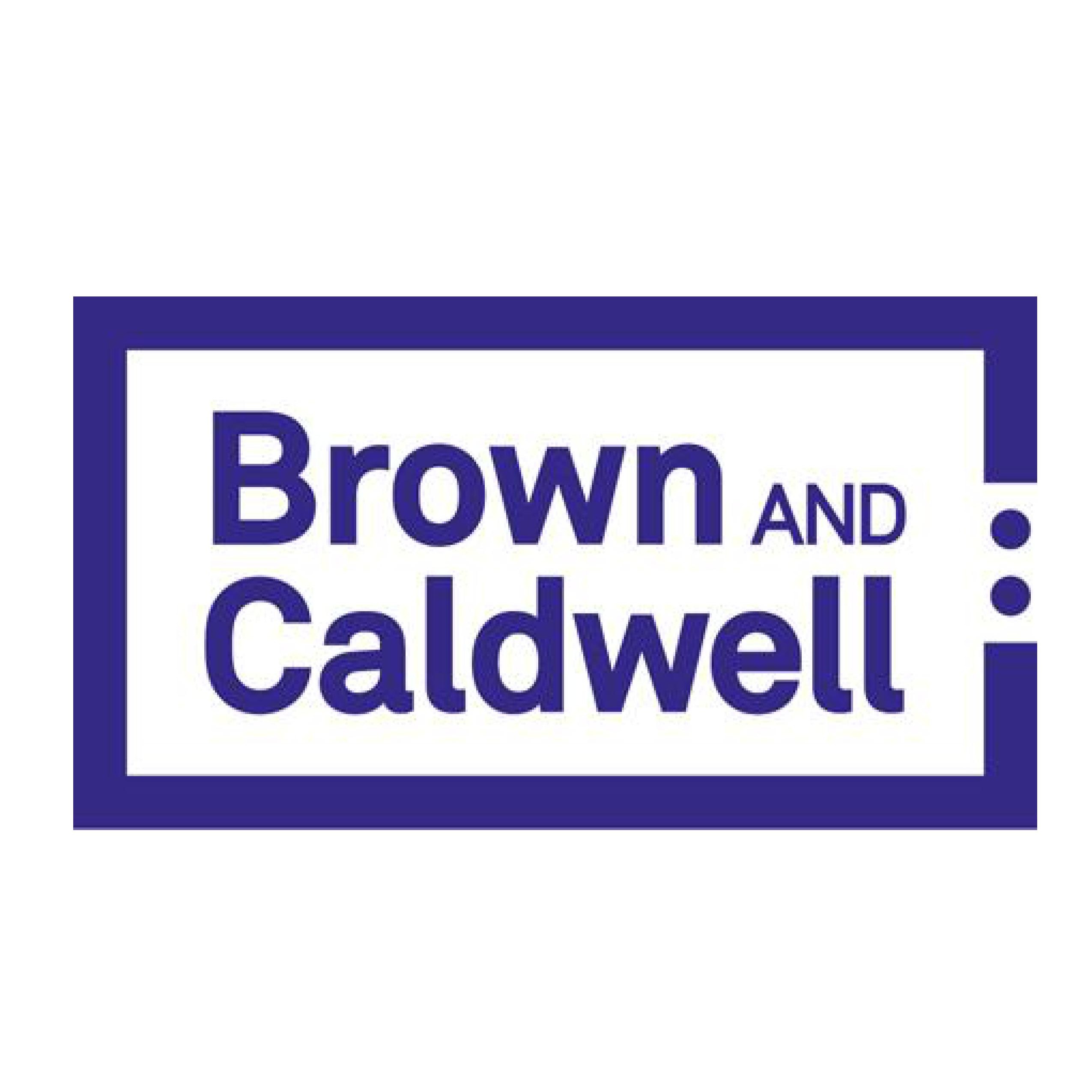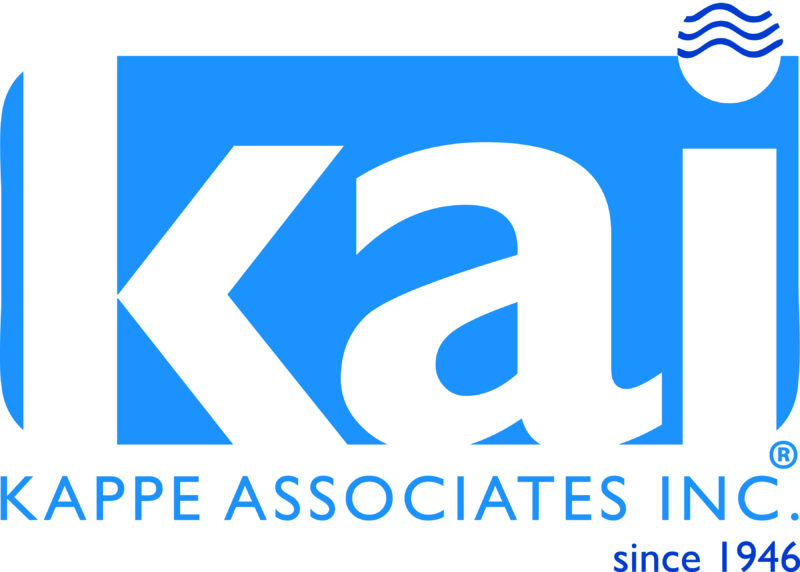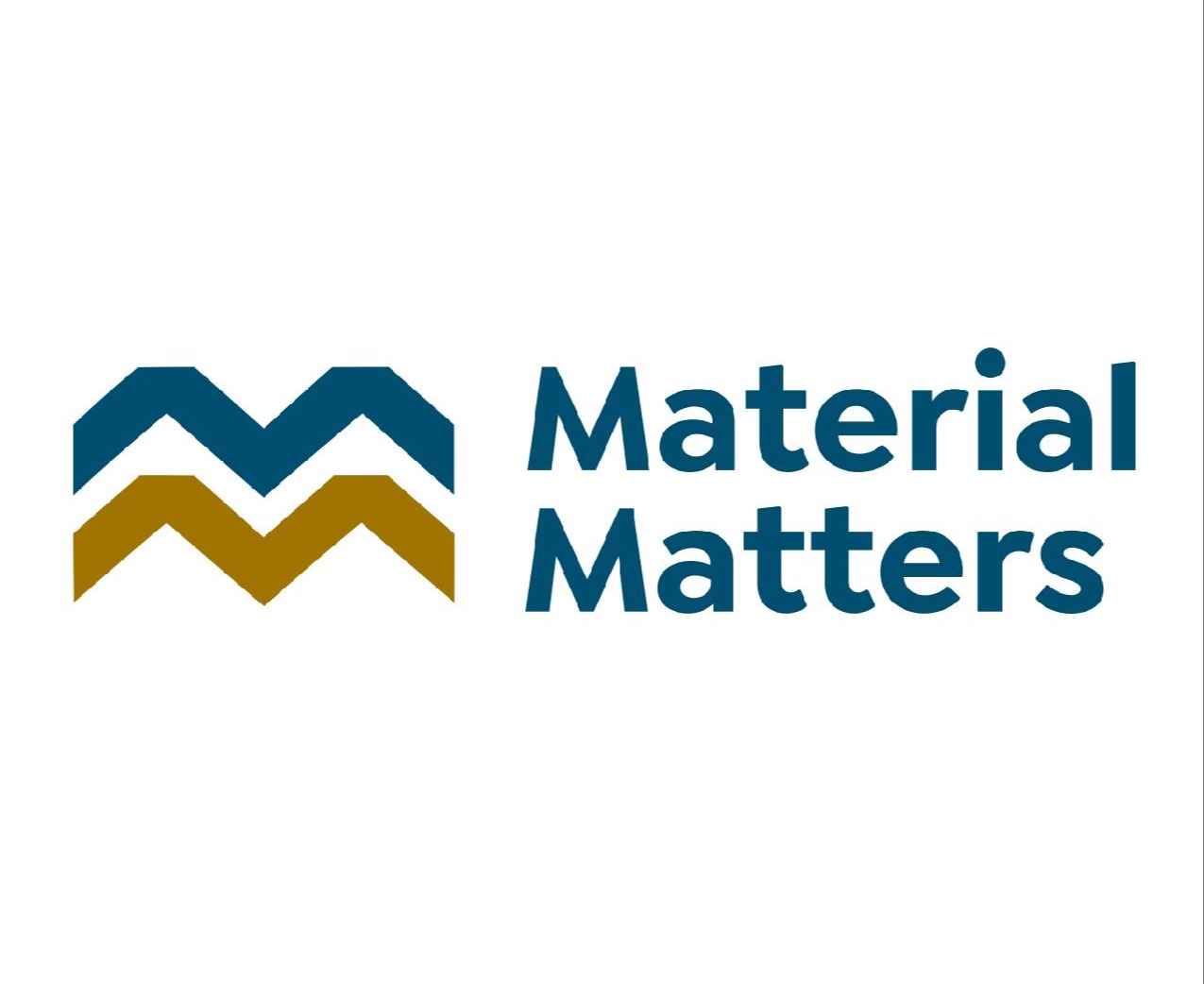- Login
- Home
- MABA
- MABF
- What's New
- Events
- Resources
- Biosolids Advocacy Fund
- Contact Us
SPOTLIGHT November 2020 - Biosolids ScientistsThis issue of MABA SPOTLIGHT features some of our region's scientists. Those of us who were at work at the birth of the nation's national regulatory system recall vividly the key role of the scientific community in shaping the Part 503 standards and parallel state regulations. But many of these scientists are retired. We are welcoming a new generation of scientists on the scene, filling slots from our retiring science colleagues and addressing new categories of concern. This SPOTLIGHT includes the array of scientific disciplines and place on their career arc.
Herschel (Chip) Elliott, Pennsylvania State University, Department of Agricultural and Biological Engineering, 814-863-2062, [email protected] For over 40 years, Chip has been involved in teaching, researching, and consulting in the areas of fate and transport of pollutants in aquatic and soil systems, and the evaluation and design of land-based waste disposal systems. He has been actively engaged in the national debate on land-based recycling of biosolids and he assisted regulatory agencies nationally and internationally in developing regulatory policies for land application of biosolids and water treatment residuals. Chip is a registered professional engineer in Pennsylvania and Delaware. Although he is formally retiring after this academic year, he hopes to stay partially engaged as an emeritus faculty member. In retirement he plans to spend more time, along with his wife Marcia, focused on his family, sensing an urgency to be a countercultural influence in the lives of his 4 children, their spouses, and his 12 grandchildren.
Matthew (Matt) Higgins, Bucknell University, Department of Civil and Engineering, 570-577-1972, [email protected] His university bio is here. Matt Higgins is a Professor and Claire W. Carlson Chair in Environmental Engineering at Bucknell University. Dr. Higgins’ work has focused on both water and wastewater treatment. His main research interests are in the area of solids management and he has focused on processes upstream and downstream of anaerobic digestion including solids pretreatment with Thermal Hydrolysis, anaerobic digestion optimization, co-digestion, and conditioning and dewatering. He has worked in many of the challenge areas, such as rapid rise foaming in anaerobic digesters, dewaterability of BioP sludges, pathogen reactivation and regrowth in dewatered cake, odorant production, and optimization of thermal hydrolysis. Matt also works on stream restoration and water quality issues with a focus on using wetlands to mitigate agricultural runoff to improve stream water quality. He's addicted to fly fishing and has recently started a new course at Bucknell entitled "Stream Ecology and Restoration and the Science of Fly Fishing" as a way to further integrate his teaching, research, and personal interests. When not working or out on the stream doing 'class preparation and research', you can often find him puttering around his homestead, splitting firewood, tending his fruit trees, making maple syrup, and hanging out with his wife and his younger son who is a senior in high school. Their older son graduated from college last spring with a degree in Mechanical Engineering and is working for GM doing research and development for their EV program just outside of Detroit.
Zhongqi (Joshua) Cheng, Brooklyn College of CUNY, Department of Earth and Environmental Sciences, (718)951-5416, [email protected]. His bio is here. Dr. Cheng is a professor in the Department of Earth and Environmental Sciences and the Director of Environmental Sciences Analytical Center (including the Urban Soils Lab) at Brooklyn College. He is an associate editor for the Journal of Environmental Quality. Dr. Cheng is co-founder of the NYC Urban Soils Institute, a member of the W4170 group, Research Advisory Committee for WRF, Healthy Soils Healthy Communities Project, and the Legacy Lead Coalition. His research uses ecological and sustainable approaches to solve environmental problems. He is a fan of both biosolids and The Ohio State Buckeyes football. At the MABA Annual Meeting, Dr. Cheng was elected to serve on the Board of Trustees.
Alba Torrents, University of Maryland, Department of Civil and Environmental Engineering, (301) 405-1979, [email protected]. Dr.Torrents is a professor at the Department of Civil and Environmental Engineering, at the University of Maryland, with an expertise in Applied Environmental Organic Chemistry. She has more than 30 years of research assessing the fate and transport of pollutants in the environment and the use of soil amendments to mitigate risks. For the past ten years, Professor Torrents's group has focused their research on assessing the fate of endocrine disruptor chemicals and looking at wastewater effluents as nutrient, water, and energy resources. On biosolids, she has assessed the long-term fate of different organic pollutants upon the land application of biosolids at commercial farms and has evaluated the use of biosolids and compost for in-situ remediation at two Superfund sites. In her spare time, she enjoys traveling, hiking, gardening, and cooking, and can occasionally combine her interests, as when she explored sustainable agricultural and water management practices by the Incan civilization of Peru.
Robert Sharp, Manhattan College, School of Engineering, (718) 862-7169, [email protected]. Robert Sharp is the Donald J. O'Connor Chair of Environmental Engineering at Manhattan College and a process consultant for Hazen & Sawyer Engineers. Robert has over 25 years of experience teaching and running an active environmental engineering research lab. In Dr. Sharp’s laboratory, both graduate and undergraduate research assistants carry out fundamental and applied research in the areas of biological nutrient removal and recovery, anaerobic digestion, bioenergy production, resource recovery, and pathogen disinfection and regrowth in water systems. His research results are detailed in more than 40 peer-reviewed journal articles and book chapters, and he has presented over 75 papers at national and international environmental engineering conferences. He is a Licensed Professional Engineer in New York State and is an active member of the Water Research Foundation, the Water Environment Federation, and the Met Chapter of the New York Water Environment Association. In 2019, Robert was named a Fellow of the Water Environment Federation. Weekends invariably find Robert in a pack of cyclists exploring long-distance routes in northern New Jersey, cycling has become his “go-to” sport after decades of knee-banging basketball. With COVID-19 interrupting his normal diet of live music attendance, Robert spends his evenings reading, or better yet with his two night-owl, college-aged children watching the best of online streaming. |

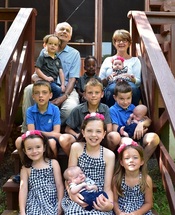
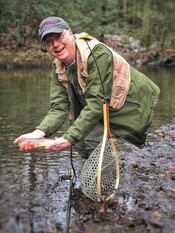
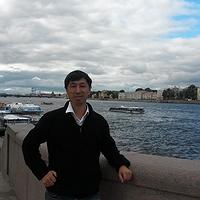
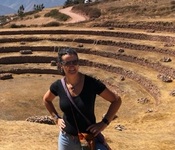
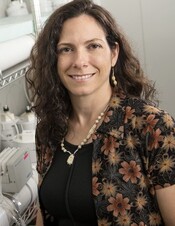 Amy Pruden, Virginia Tech, Department of Civil and Environmental Engineering, (540) 231-6635,
Amy Pruden, Virginia Tech, Department of Civil and Environmental Engineering, (540) 231-6635, 